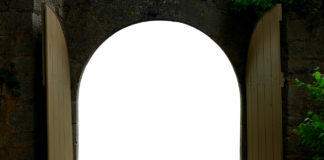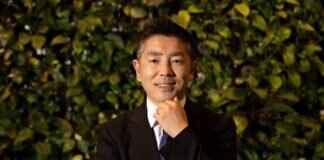U.S. China negotiators met up in Switzerland for some trade talks that lasted for about two hours. Not really sure why this matters, but it seems like a big deal. A Tufts student who got arrested by ICE was finally set free from detention. The Newark mayor also got arrested while protesting at an ICE detention center. Judge decided to hit pause on Trump’s massive layoffs while the US and China were busy holding trade talks. Wonder what Pope Leo XIV had to say on social media about his politics? Apparently, his posts offer some insight.
NJ mayor got himself arrested during a protest at an ICE detention center. Talk about dedication. There are some new clues surfacing about Pope Leo XIV’s political and social views. Trump made it clear that 10% tariffs will stay on all countries, no matter what trade deals are in place. A Democrat managed to get elected to the North Carolina Supreme Court after a six-month legal battle. Transportation Secretary Duffy warned that air traffic control issues at Newark might happen elsewhere.
Trump had a change of heart when it came to tariffs and taxation. Seems like he’s always changing his mind about something. Hundreds of homeless Americans living in tunnels under Las Vegas are facing an uncertain future. That’s just heartbreaking. A video was released showing police pinning a teenage girl to the pavement during an ICE detention. Not a good look. A parody LinkedIn post of Elmo getting ‘laid off’ went viral. Retirement isn’t looking too bad for Supreme Court Justice David Souter who passed away at 85.
Trump decided to tap Fox News host Jeanine Pirro as the US attorney for DC. That’s an interesting choice. He also hinted at possibly lowering tariffs on China as trade talks were about to kick off. Trump’s always keeping us on our toes. A House Democrat pointed out that Trump is attacking the courts because he doesn’t like the law. Sounds about right. Trump’s UK trade deal announcement suggests progress on negotiations with other countries. Progress is good, right?
In a surprising turn of events, a New Jersey mayor got arrested while on a Congressional visit to an ICE facility. Looks like things got heated.














